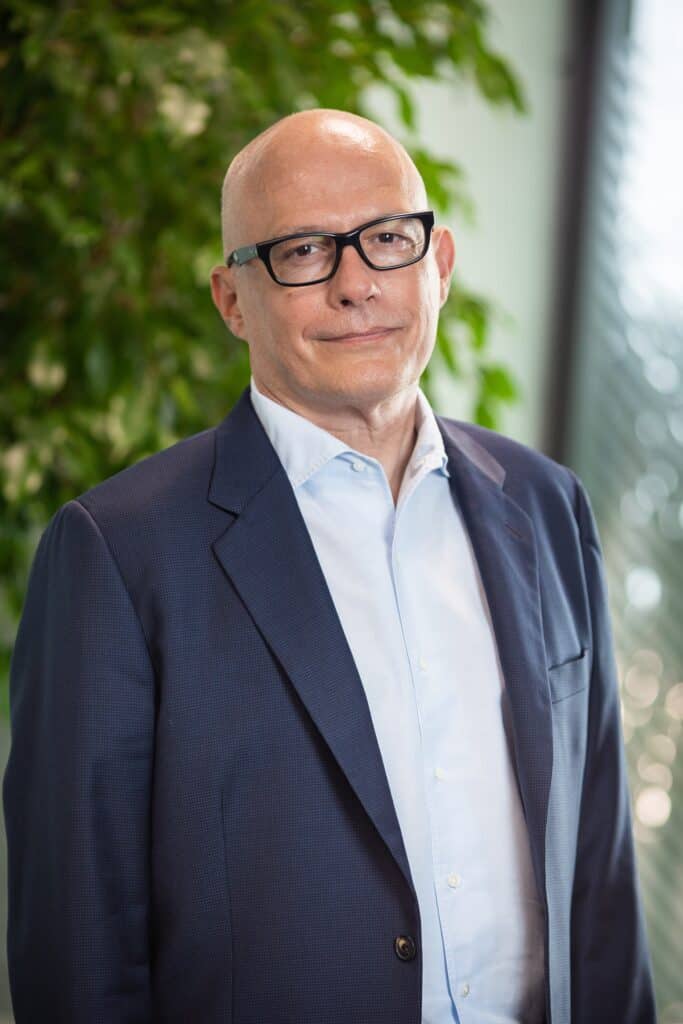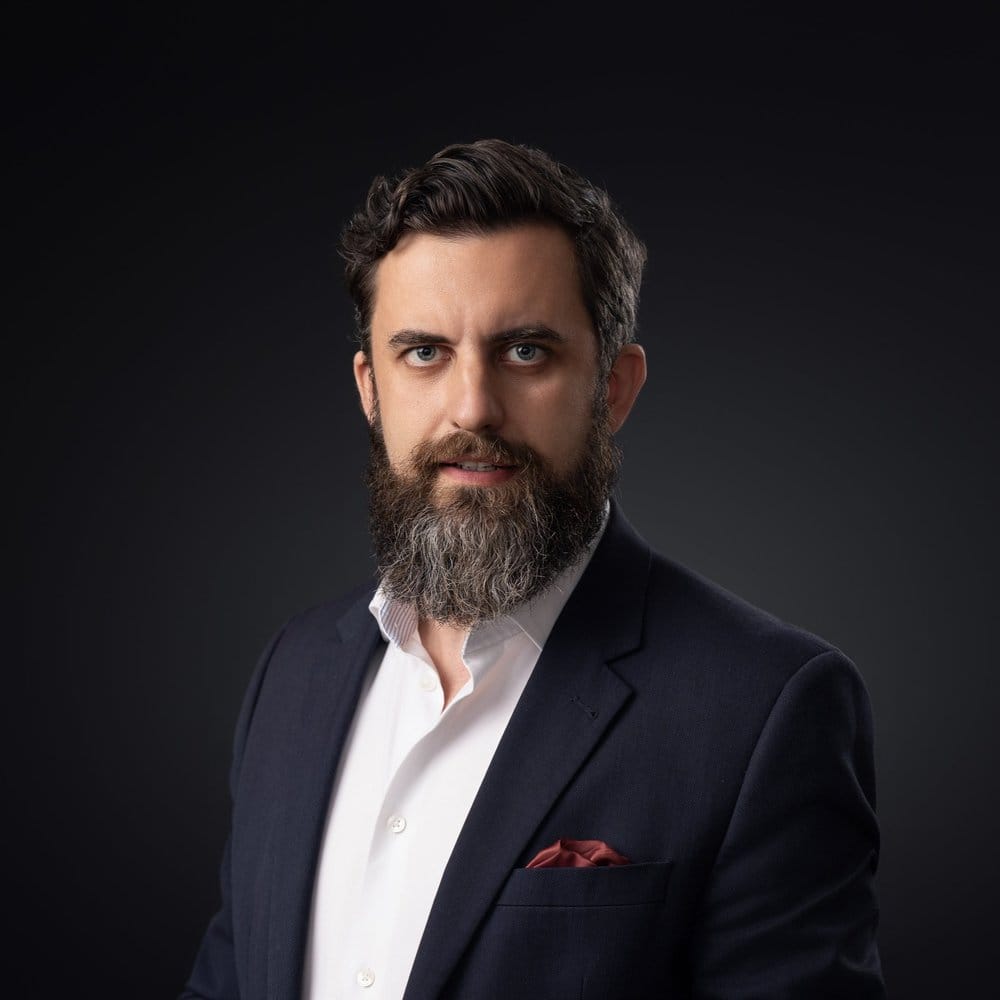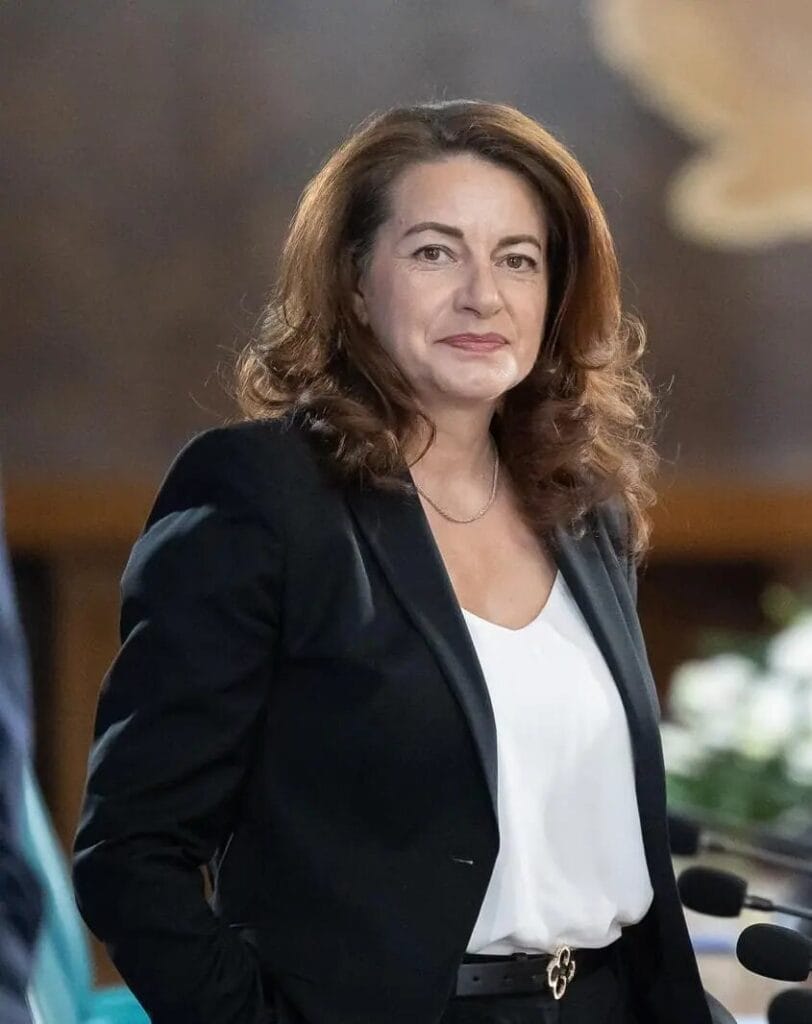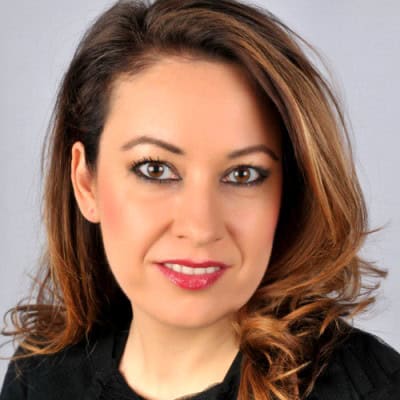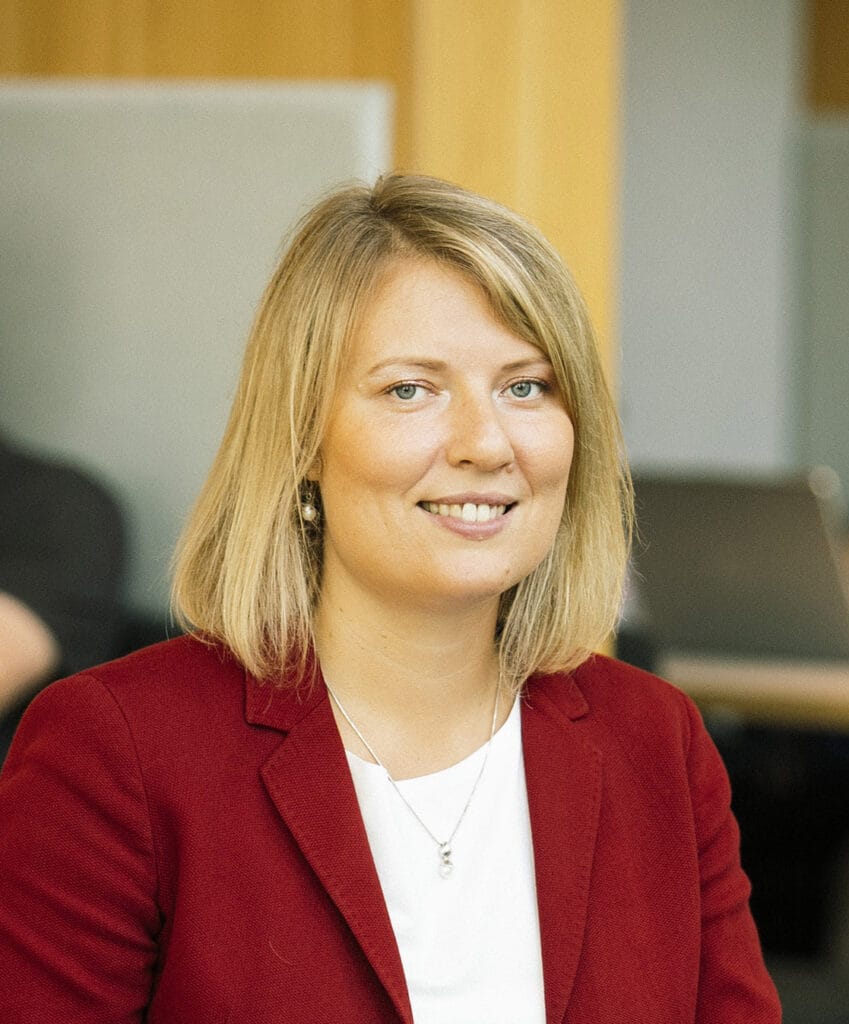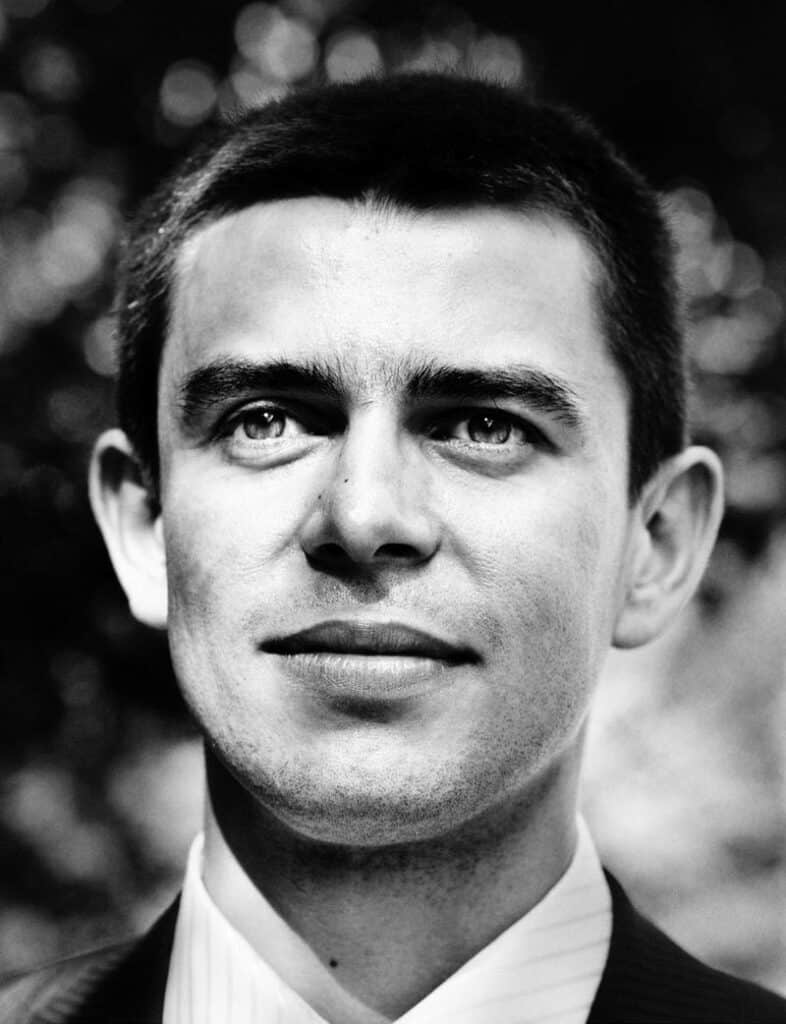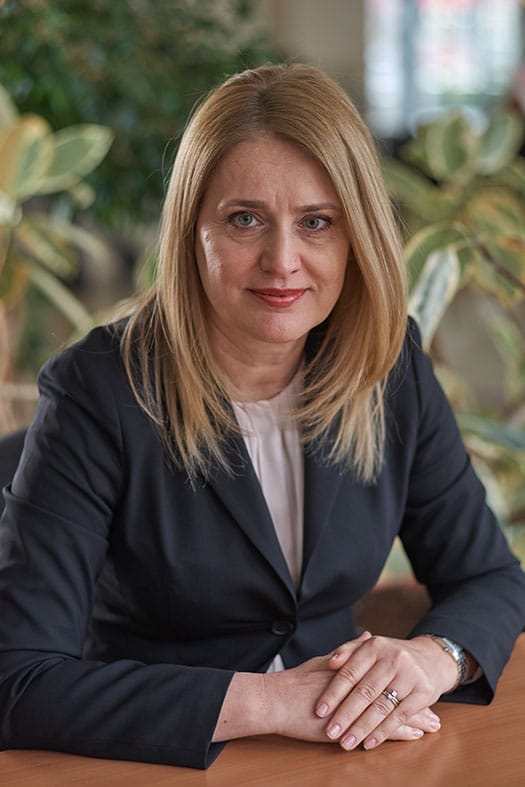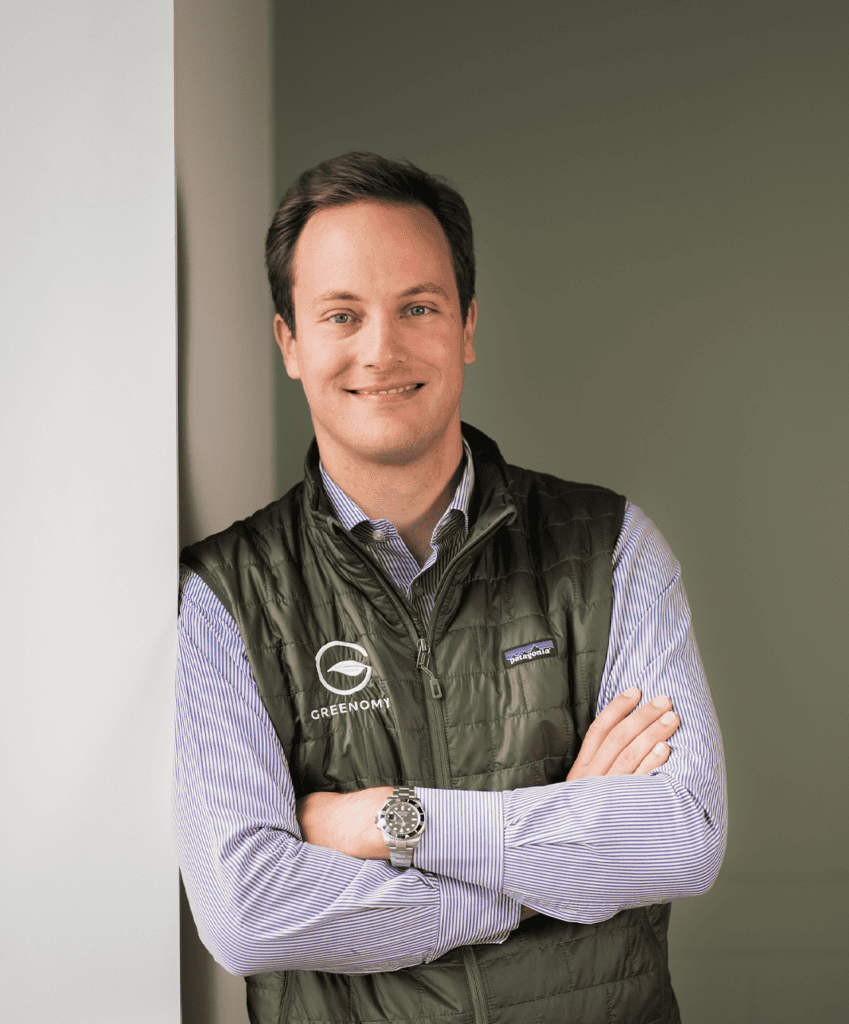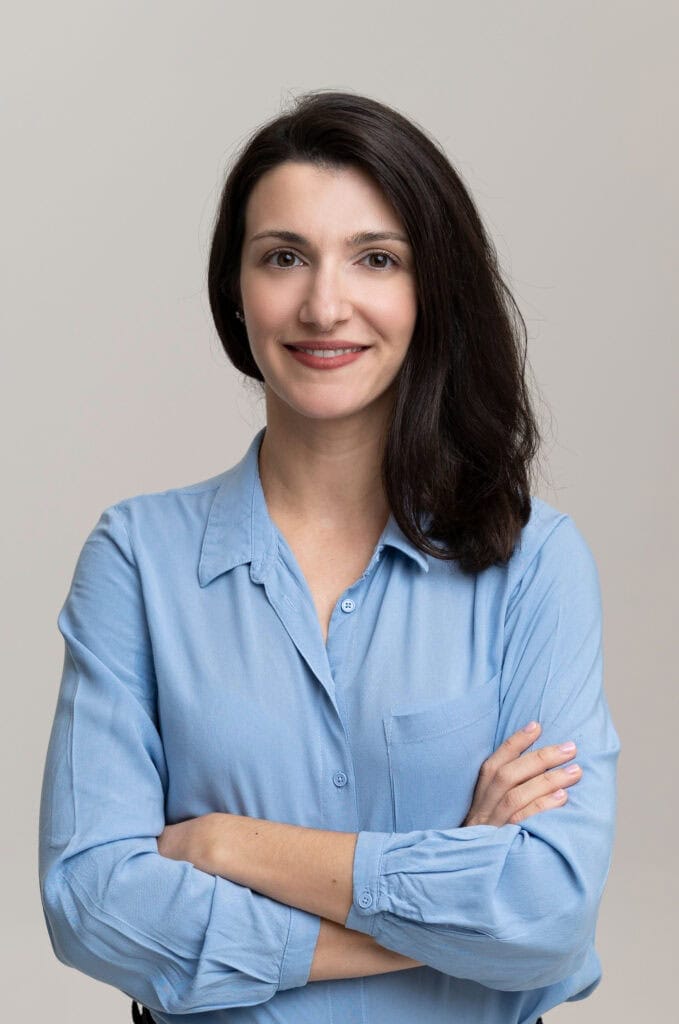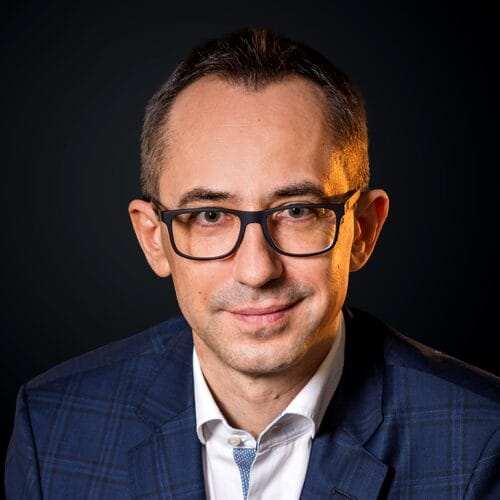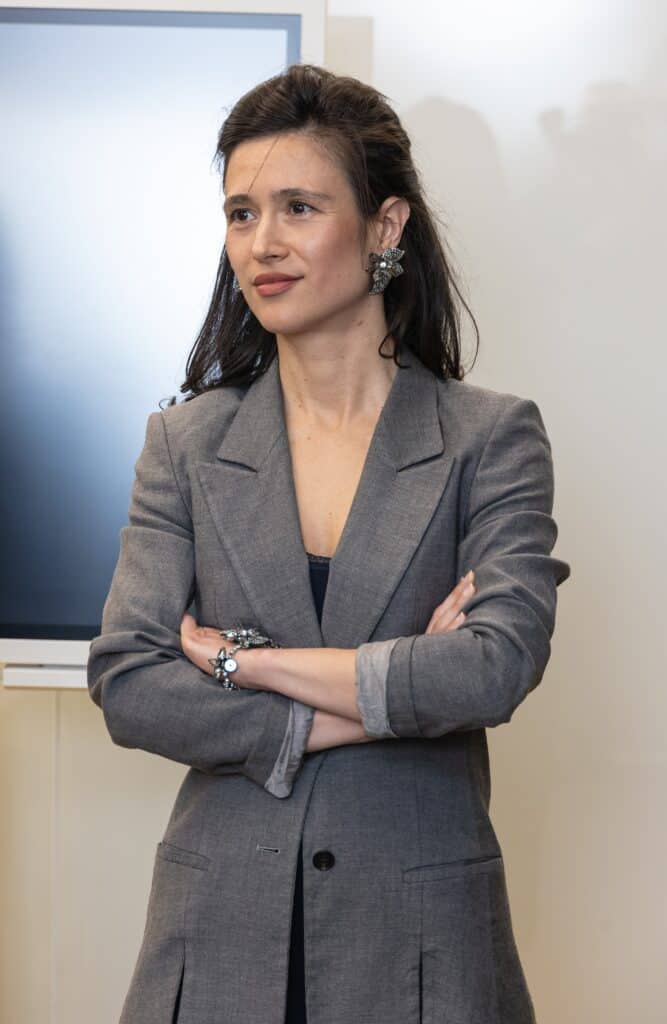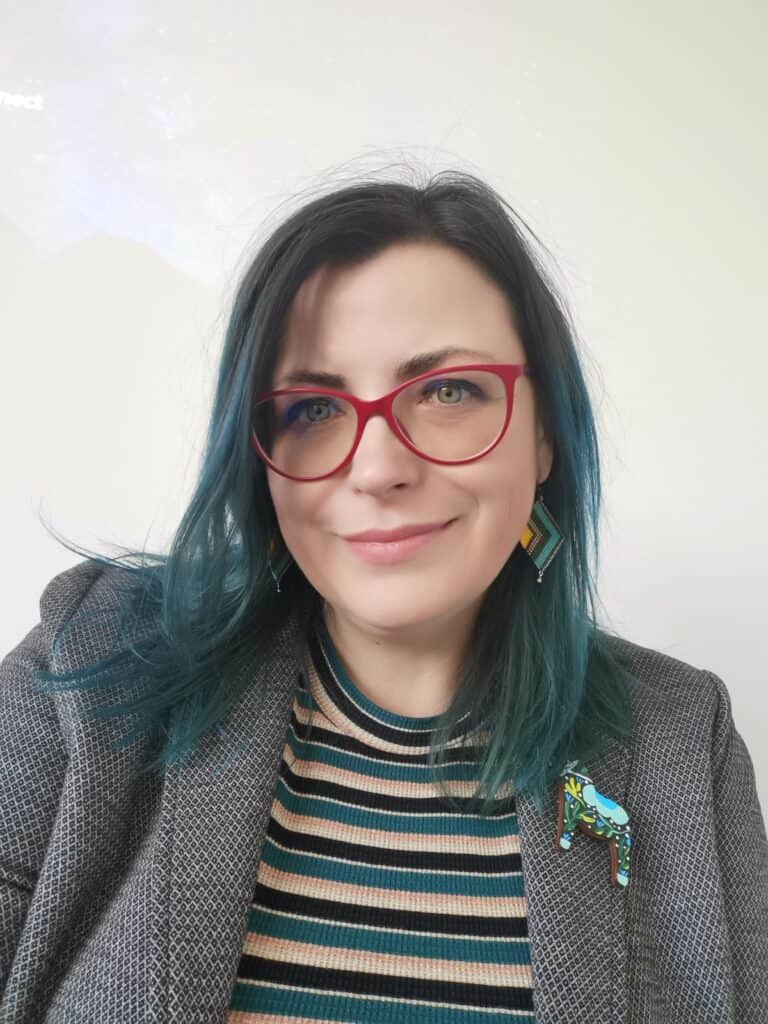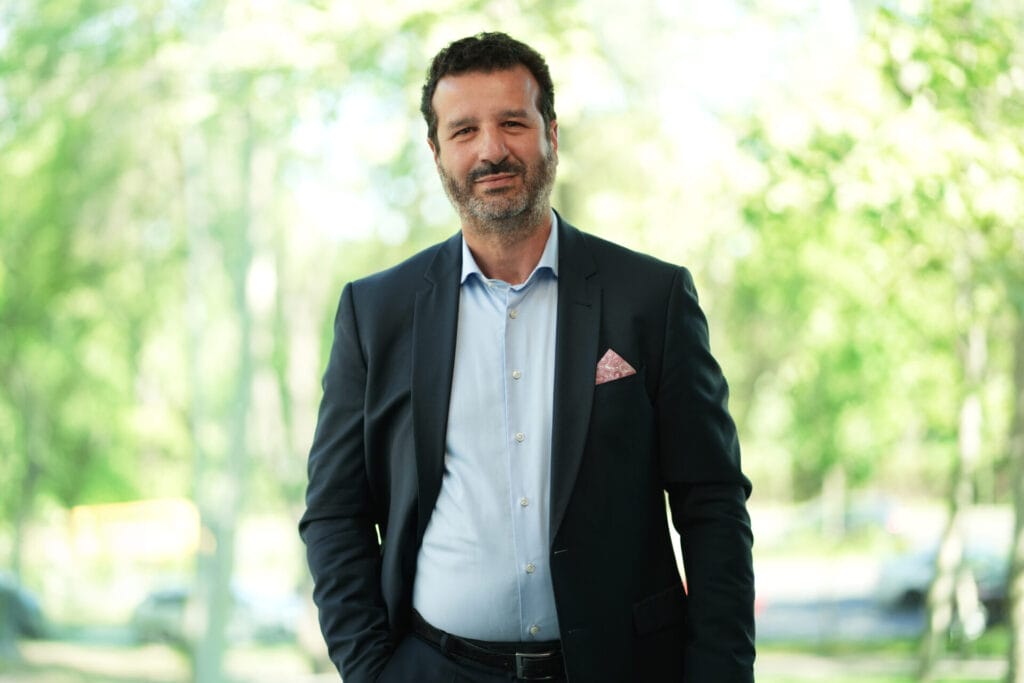Renewable Energy Projects Are Essential to Decarbonize the Economy, but Challenges Remain to Be Addressed
Renewable energy projects do not function in isolation but are part of a highly interconnected system where success depends on the efficient integration of all resources and infrastructure. From production to the final consumer, the most important indicators will always be cost and information. As we move forward, this interconnectedness highlights the complexity of the energy transition and the essential role renewables play in decarbonizing the economy.
Many discussions will reference the Draghi Report, which identifies key challenges and opportunities for the European Union’s energy future. One of its central arguments is that decarbonizing the energy system and accelerating the energy transition could increase the EU’s competitiveness. This is achievable by radically reducing dependence on imports and investing heavily in clean energy with low marginal generation costs, such as renewables and nuclear energy. The challenge we face is not unknown—we need to shift our focus toward solutions. The energy transition is one of those solutions.
The Draghi Report echoes what the industry has been emphasizing for some time: the EU’s competitiveness will only materialize when renewable energy sources, combined with nuclear power, regularly set prices. This also requires massive investments in grid infrastructure, storage, and flexibility to ensure that the system can be managed cost-effectively.
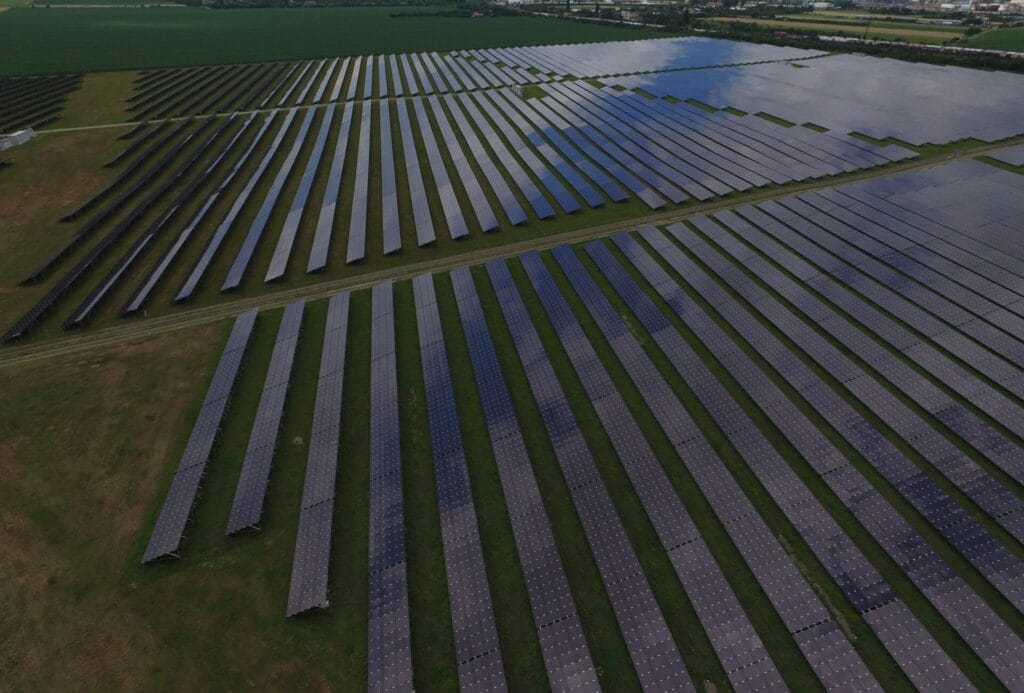
To put this into perspective, consider the 2022 energy crisis, where natural gas set the price for 63% of the time, even though it accounted for just 20% of the EU’s electricity mix. Long-term contractual solutions, such as Power Purchase Agreements (PPAs) or Contracts for Difference (CfDs), could mitigate the impact of marginal pricing and reduce energy costs for consumers. However, these mechanisms are underdeveloped in Europe, limiting the benefits that could come from an accelerated rollout of renewable energy.
Romania, like many EU countries, must align itself with the trajectory outlined by the Union. Excessive bureaucracy must be reduced, and the government must support an expanding business environment that encourages the growth of the domestic market. Flexibility will be crucial in navigating these challenges. Just as in a family where each member contributes to the group’s success, different forms of renewable energy—solar, wind, hydro—must work together to ensure the sustainability of the entire energy system.
Investments in renewable energy depend equally on regulatory frameworks and access to financing. A stable and supportive legal framework is crucial for attracting investors, while financing must be made accessible through both European and national funding sources.
The concept of a “just transition” is not just a passing trend; it represents a profound transformation of the world we live in. Countries that seize this opportunity will not only become more competitive but will also enjoy a cleaner environment.
We are living through critical times, with decisions made today shaping the future of Romania and Europe in the next 30 years. Energy policies must be defined now because energy projects are long-term initiatives that cannot be realized overnight. For example, setting up a wind farm could take anywhere from 12 to 24 months just to obtain the necessary permits. In some cases within the EU, the process has been reported to take up to nine years.
The Romanian government is active in public policy to finance renewable energy projects, but beyond the undersized budgets, the country needs several key elements:
- A predictable medium- and long-term calendar (investment decisions cannot be made overnight).
- Coordinated intervention tools (for example, the new regulatory framework from ANRE contradicts the investments attracted by distributors through the Modernization Fund, where a lack of infrastructure investment leads to higher costs for the entire chain, including prosumers).
By 2030, wind energy is expected to hold the largest share in Romania’s energy mix, around 37%, followed by solar power with approximately 24% of gross final energy consumption. These targets can only be achieved by installing about 30.5 GW of solar capacity (both ground-mounted and rooftop) and around 16 GW of wind capacity by 2050. However, grid development plans only account for the installation of 10 GW of new capacity by 2030, highlighting a significant gap between renewable energy ambitions and grid capabilities.
To close this gap, it is crucial to address bureaucratic hurdles that can delay renewable energy projects by up to 24 months or more. Streamlining the approval process for wind and solar installations will be critical to accelerating Romania’s energy transition.
In conclusion, while renewable energy projects are essential for decarbonizing the economy, significant challenges remain to be addressed, including grid capacity, regulatory frameworks, and financing. However, with the right policies and a clear commitment to the energy transition, Romania and Europe can meet their renewable energy goals and enjoy a more competitive and sustainable future.
Curated by PPC.


